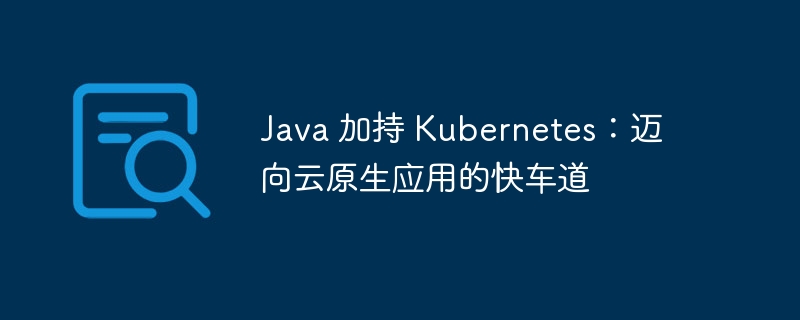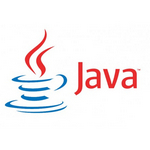
Java 加持 Kubernetes:迈向云原生应用的快车道 一文是php小编新一为您带来的精彩探索。随着云原生技术的发展,Java 作为一种常用的编程语言,在 Kubernetes 平台上展现出强大的应用潜力。本文将详细解读 Java 在 Kubernetes 中的应用场景、优势和挑战,帮助开发者更好地利用这一快车道,打造高效稳定的云原生应用。
为何将 Java 用于 Kubernetes?
Kubernetes 为 Java 应用程序带来的优势
Kubernetes 为 Java 应用程序提供了许多优势,包括:
立即学习“Java免费学习笔记(深入)”;
在 Kubernetes 上部署 Java 应用程序
在 Kubernetes 上部署 Java 应用程序涉及以下步骤:
演示代码:
以下演示代码展示了如何使用 Kubernetes 部署一个简单的 Java Spring Boot 应用程序:
apiVersion: v1 kind: Deployment metadata: name: my-java-app spec: replicas: 2 selector: matchLabels: app: my-java-app template: metadata: labels: app: my-java-app spec: containers: - name: my-java-app image: my-java-app:latest ports: - containerPort: 8080 --- apiVersion: v1 kind: Service metadata: name: my-java-app-service spec: selector: app: my-java-app ports: - port: 80 targetPort: 8080
结论
将 Java 与 Kubernetes 相结合为企业提供了开发和部署云原生应用程序的强大平台。通过利用 Kubernetes 的自动化、容器化和安全功能,Java 开发人员可以加快应用程序开发速度,提高可伸缩性和可靠性,同时充分利用云计算的优势。
以上就是Java 加持 Kubernetes:迈向云原生应用的快车道的详细内容,更多请关注php中文网其它相关文章!

java怎么学习?java怎么入门?java在哪学?java怎么学才快?不用担心,这里为大家提供了java速学教程(入门到精通),有需要的小伙伴保存下载就能学习啦!

Copyright 2014-2025 //m.sbmmt.com/ All Rights Reserved | php.cn | 湘ICP备2023035733号